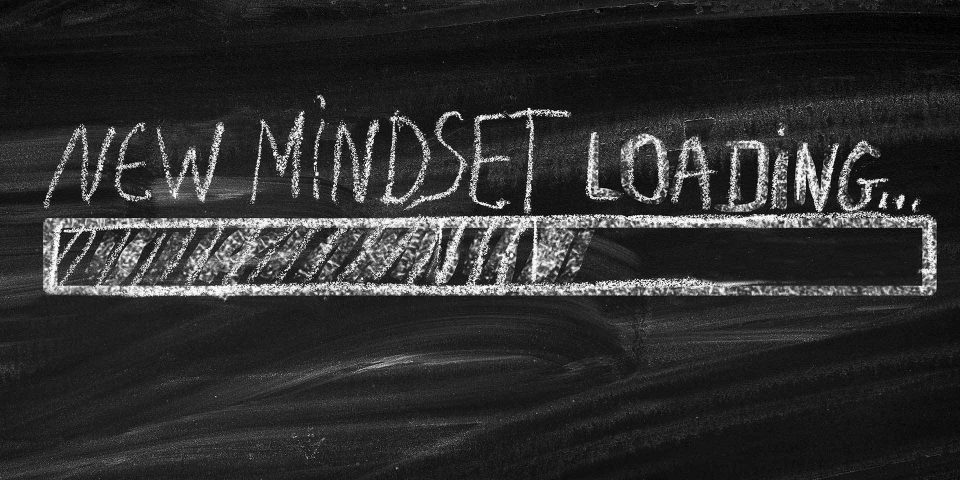The Power of Understanding Yourself.
ADHD Brain
 Posted by: Sally Linton 2 years ago
Posted by: Sally Linton 2 years ago
When ‘should’ gets in the way.
Whew. Life can be tiring with an ADHD brain. Especially when you are living in a world of ‘shoulds’ and expectations from others and yourself. I ‘should’ be able to get this work done. I ‘should’ be able to keep my house clean. I ‘should’ be able to sit down and listen for two hours.

An ADHD coach would ask, “Are those stories you are telling yourself true?” When you truly understand your brain and how it works, you may begin to realize you are not meant to fit the ‘should’ stories you are telling yourself.
Fitting inside the ‘box.’
When I challenged a client’s story on “I should fit inside this box” – the instant response was “NO!” when I asked, “Do you want to fit in the box?” Their body and brain knew that box was not right for them. They had just never challenged their own story. I believe the ADHD brain is meant to think differently; creatively. Take time to consider if the ‘box’ you are placing yourself in is even appealing.
Changing expectations.
These ‘should’ stories turn into expectations for yourself that are unrealistic. The expectations often turn into disappointments because they were not achievable for your brain to begin with. Disappointment leads to shame. Sound familiar? Not a pleasant feeling to have for yourself.
However, your stories can evolve. These stories can change within your own mind to fit ‘who’ you truly are. It is called neuroplasticity.¹ Neuroplasticity is the ability for your brain to form new pathways for your thinking. It is the ability for your brain to change over time – to grow and develop. Through coaching, you can learn to pause, question your past beliefs and begin exploring a new pathway of thoughts.
What you pay attention to grows.
When you work with an ADHD coach, you will begin to understand how your individual brain works. Identifying your strengths is often one of the first things you will work on with your coach. What are your character strengths? Some examples are honesty, love of learning, fairness, and curiosity. Which executive function skills are easier for you? Maybe flexibility and goal-directed persistence? Which EF skills are more challenging? Oftentimes it is time management, planning/prioritization or organization for those with ADHD. Where do your natural talents lie? An easier way to think about this is considering what people say you’re good at doing. Pause and think about that. We all have talents. We just need to get in touch with those pieces of ourselves. Because what you pay attention to grows. Focusing on what you can’t do (the ‘shoulds’ and unrealistic expectations) will keep you in a place of disappointment. Alternatively, you can shift your focus to what you do well.
What would it feel like to believe in you?
Once you begin to understand yourself, you are able to see your own superpowers. Your old stories begin to fade, your power to pay attention to your strengths and your ability to believe in yourself grows. This is the transformation into your future self. You will feel a lightness, like a weight has been lifted from your shoulders.
You can do it.
My last question in every client session is “What is your takeaway from our session today?” Here is the response from a client this week.
I can do it.
I’m capable
Nothing is fundamentally wrong with me
It’s just learning about how I work so I can help.
That’s a powerful takeaway. You are capable. All of you.
¹https://positivepsychology.com/neuroplasticity/
Categories:
About: Sally Linton
I’m an ADHD, executive function and life coach. I’m also a mom, a wife, and a neurodiverse thinker. My brain runs at high speed with ideas bouncing around constantly. I now consider this an asset. Over time, I’ve learned to work with my brain, not against it. Creating strategies and building a “toolbox” of tricks that work for me has helped me find success. It’s possible.
You May Be Interested In:
Talk With Sally!
Unlock your unique strengths to work with your brain, not against it.
